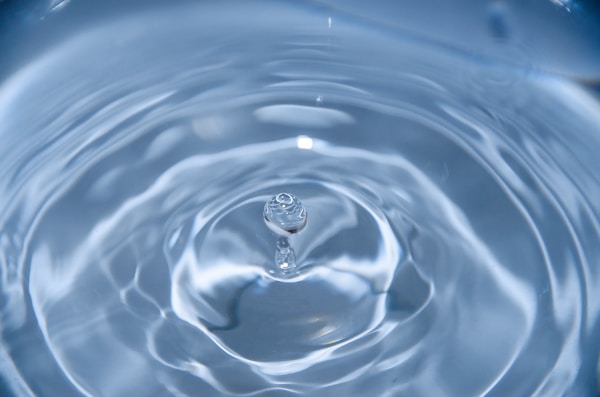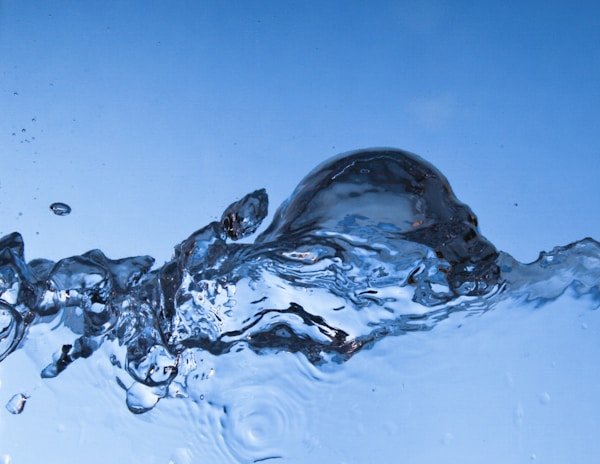What is reverse osmosis (RO)? RO is a process that uses a semi-permeable membrane to remove unwanted contaminants from water using a Reverse osmosis commercial system, as offered by Complete Water Solutions. It is a common water treatment technology used in many industries and households. RO is one of the most effective methods for removing suspended solids, bacteria, and other unwanted molecules from water. It is also one of the most cost-effective ways to purify water. Keep reading to discover the answers to other common questions about RO.
What contaminants does reverse osmosis remove?

Reverse osmosis can remove a wide range of contaminants, including arsenic, lead, fluoride, and nitrates:
- Arsenic is a naturally occurring mineral that can be found in groundwater and is often used in industrial processes. It is a known carcinogen and can cause a number of health issues. Reverse osmosis systems can remove up to 99% of arsenic from your water, making it safe to drink.
- Lead is another contaminant that can be found in water sources. Lead can enter water sources from old pipes, mining operations, and other sources. Lead can be extremely dangerous for young children and can cause serious health problems. RO systems can remove up to 99% of lead in drinking water, making it safe to drink.
- Fluoride is a mineral that is often added to water sources to help prevent tooth decay. While fluoride can be beneficial in small amounts, too much can be toxic. RO systems can remove up to 99% of it from your water, making it safe to drink.
- Nitrates are often found in water due to runoff from agricultural operations and other sources. Nitrates can be dangerous for infants and young children and can cause a number of health issues. RO systems can remove up to 99% of nitrates from your water, making it safe to drink.
What factors affect the efficiency of reverse osmosis systems?
The efficiency of a reverse osmosis system largely depends on a number of factors, including the quality of the water being treated, the operating pressure of the system, and the quality of the membrane. The quality of the water being treated by an RO system will have a direct impact on the system’s efficiency. The water being treated must first be filtered to remove any suspended particles that could clog the membrane. The operating pressure of an RO system is an important factor that can affect its efficiency. In order for the system to work, it must be able to generate a significant pressure difference between the feed water and the permeate water. The quality of the membrane used in an RO system can have a significant impact on its efficiency. The efficiency of a membrane is determined by its ability to reject contaminants and its resistance to fouling.
What kind of maintenance do reverse osmosis systems need?

Reverse osmosis systems are an effective, reliable, and affordable way to provide clean drinking water for your home. Not only do they require very little maintenance, but the maintenance that is needed is minimal. The most important step is to regularly change the pre-filter. This should be done every three to six months, depending on the water quality in your area. It is also important to periodically check the pressure gauge on the pre-filter to make sure it is functioning properly. The semi-permeable membrane should also be replaced every two to four years. This is to ensure that the membrane is functioning properly and that it is not clogged with sediment and other contaminants. The membrane should also be cleaned periodically to ensure that it is not clogged and that it is operating efficiently. The storage tank should also be checked periodically for signs of leaks or corrosion. If there are any signs of corrosion, the tank should be replaced. Finally, the faucet should be checked periodically for signs of leaks or corrosion.
Overall, reverse osmosis is an important process that can be used to purify water and remove contaminants. It is also beneficial for desalination, wastewater treatment, and many other practical applications. Altogether, reverse osmosis is a reliable and efficient way to obtain clean, safe drinking water for various industries.



